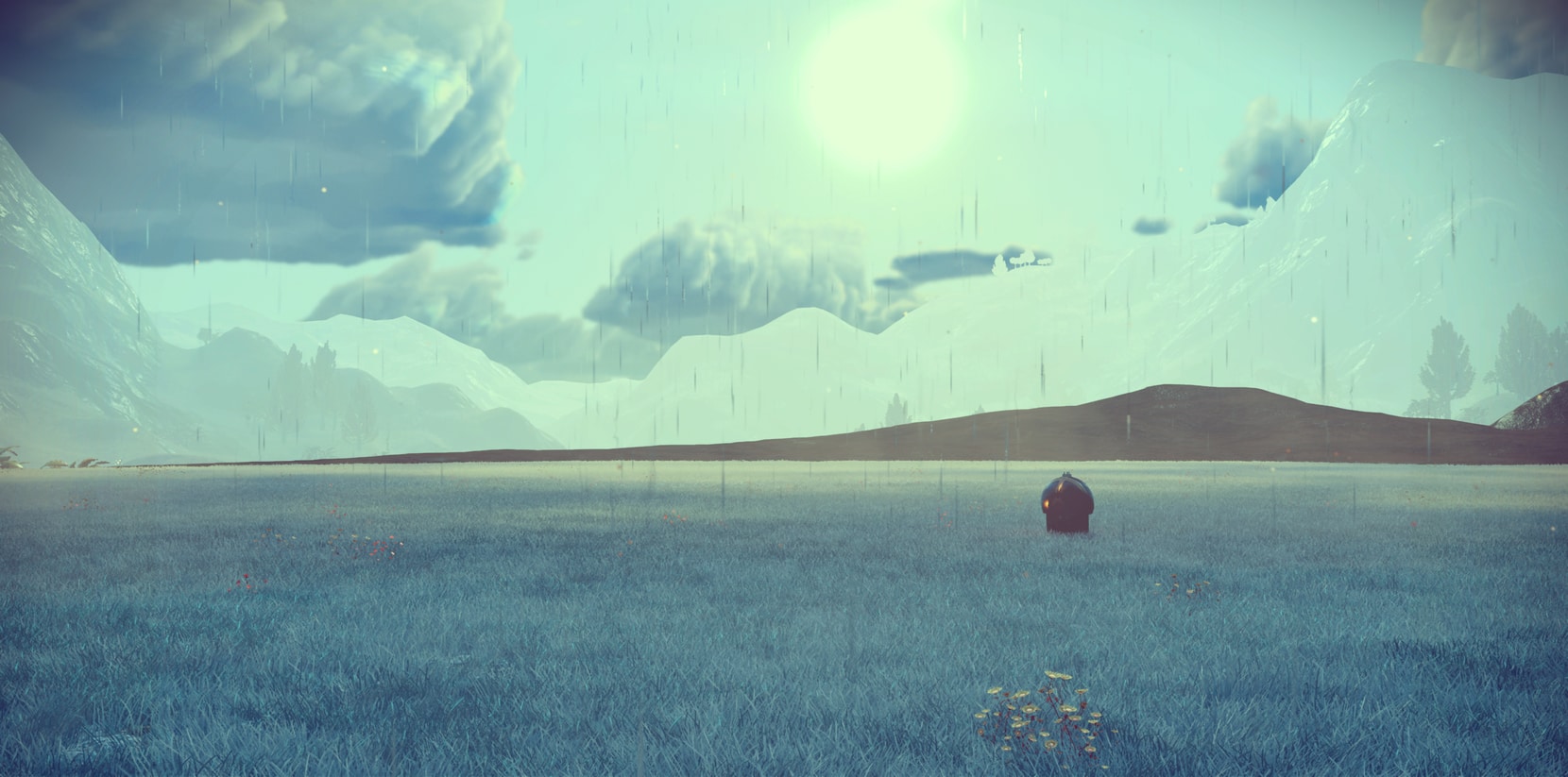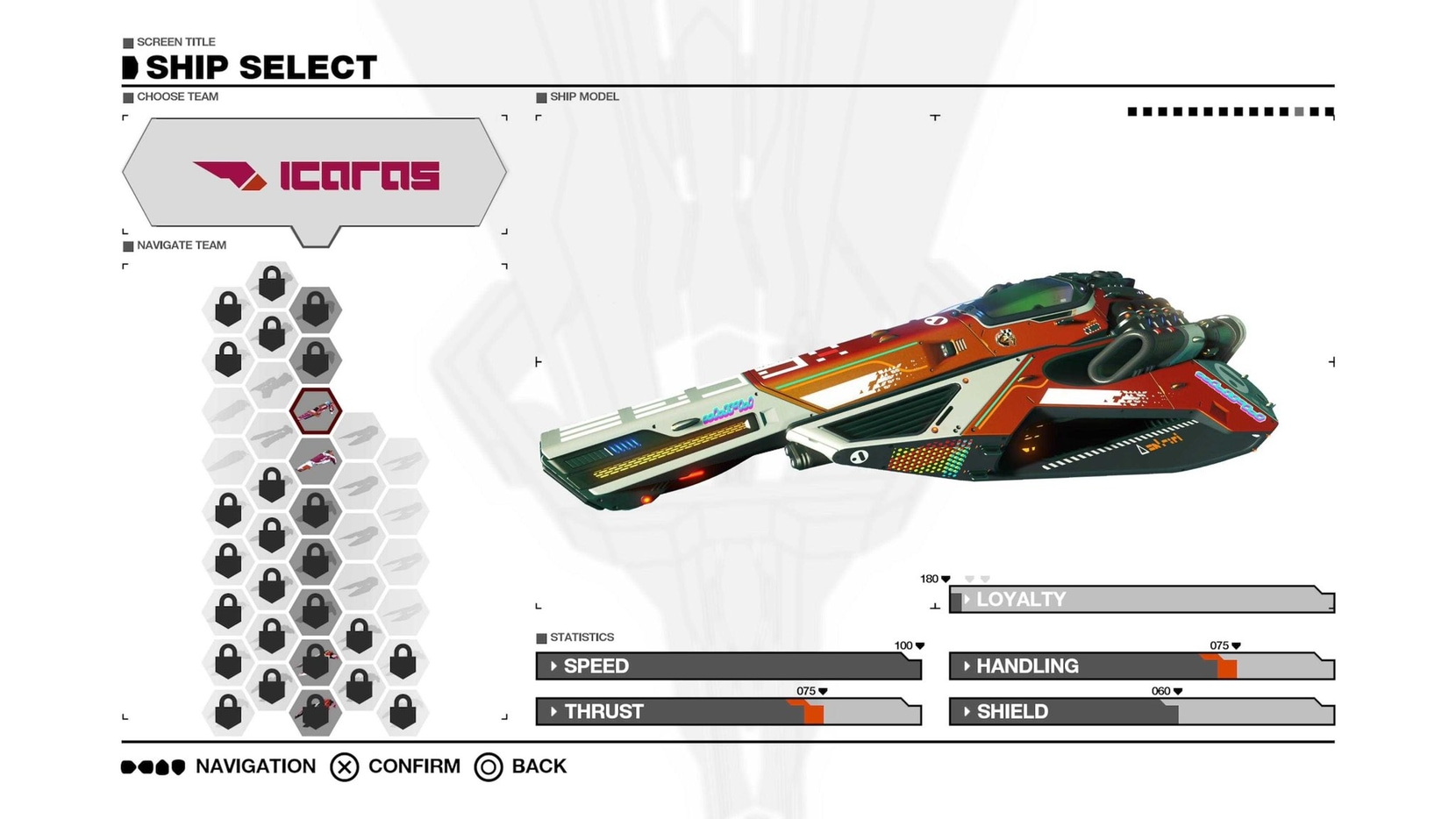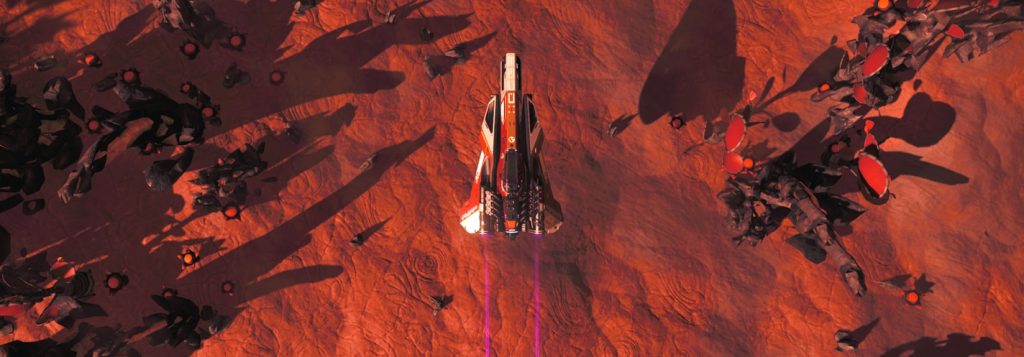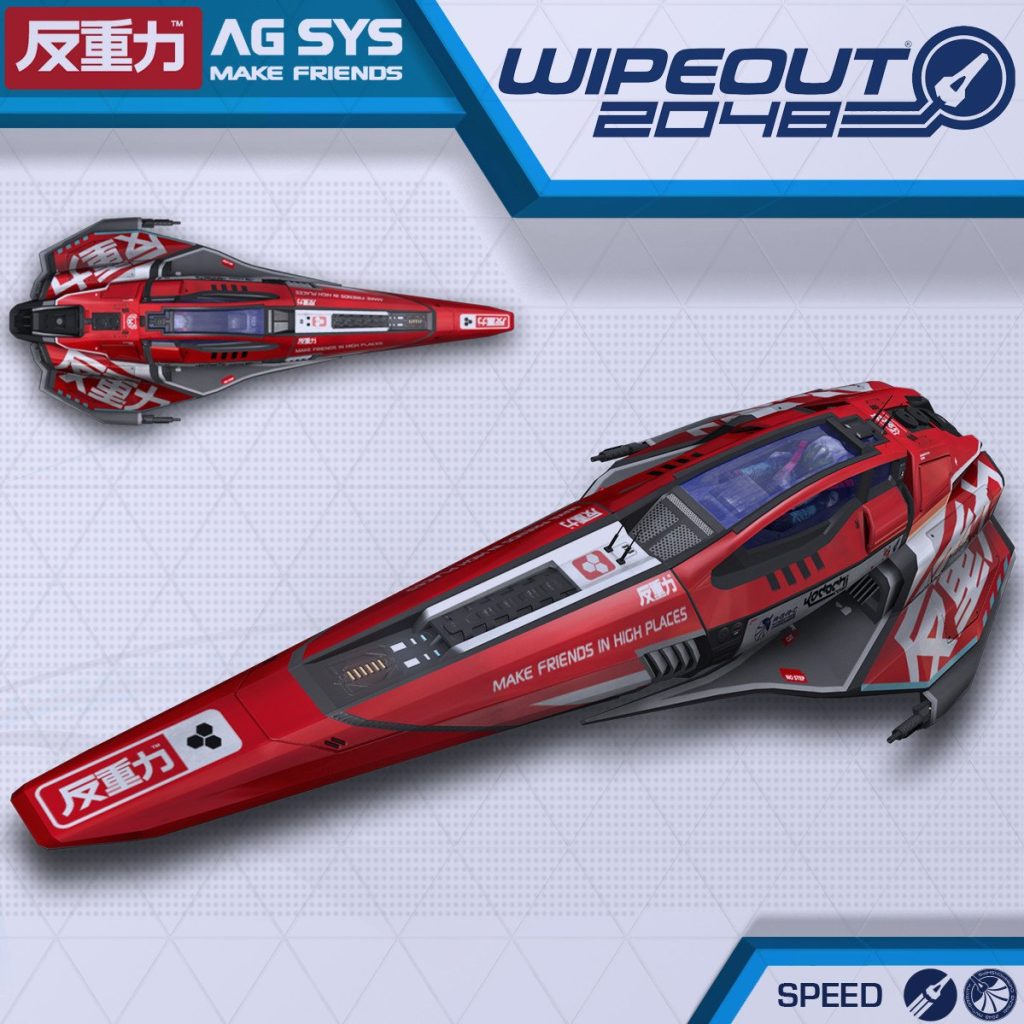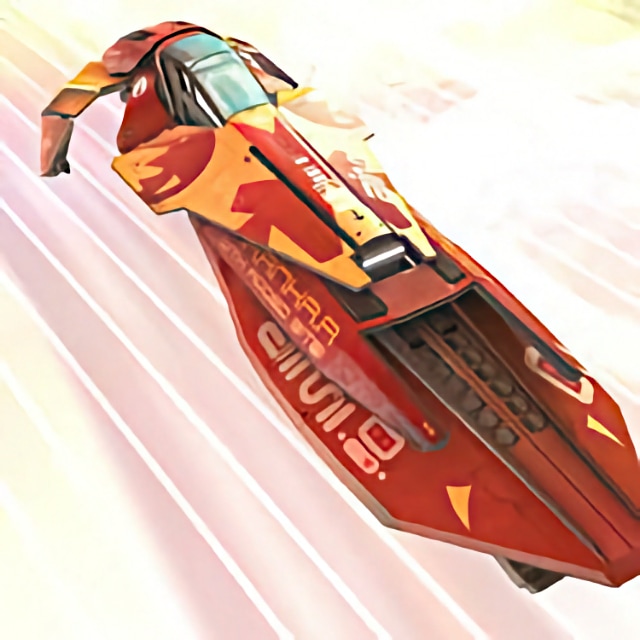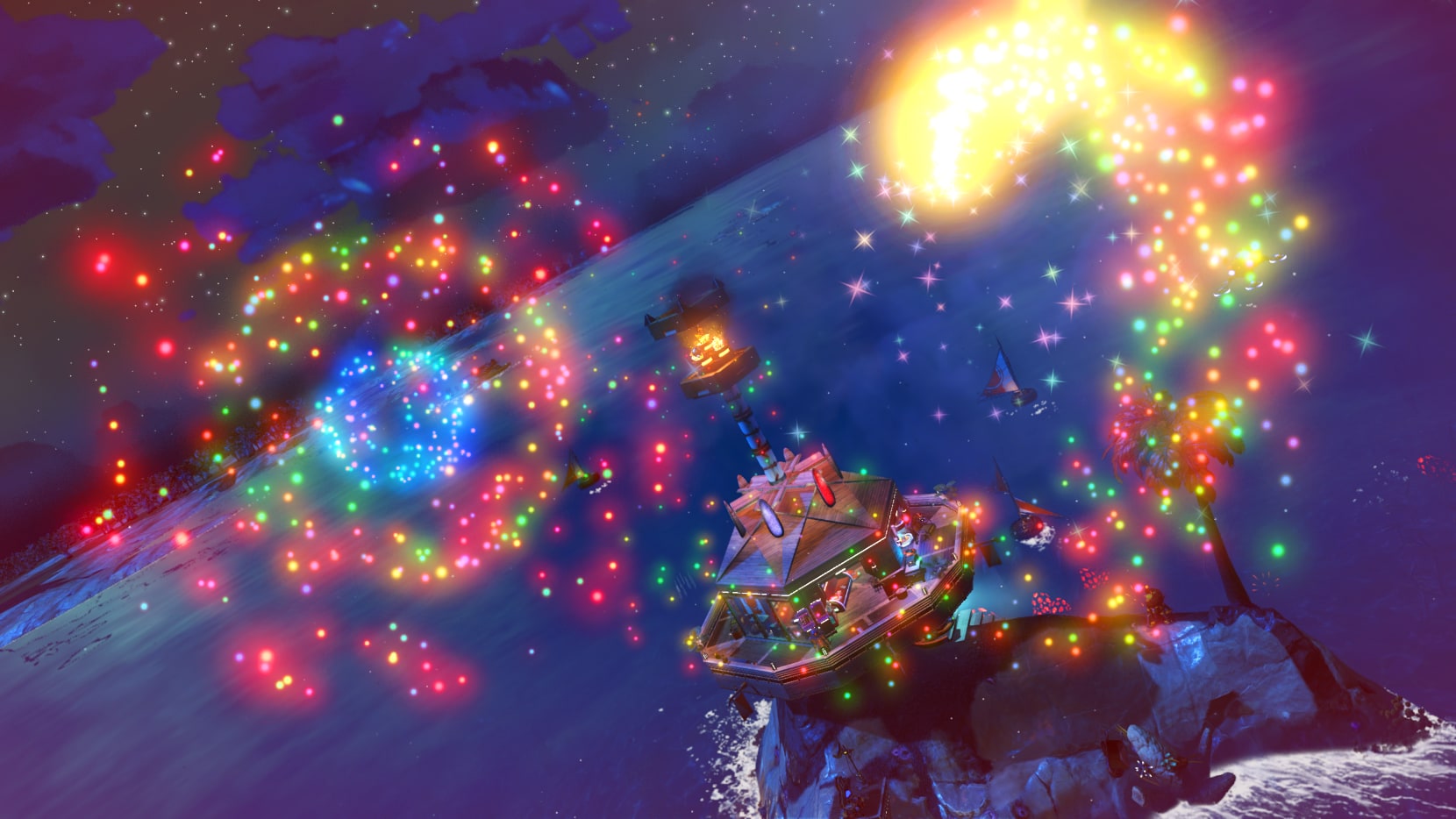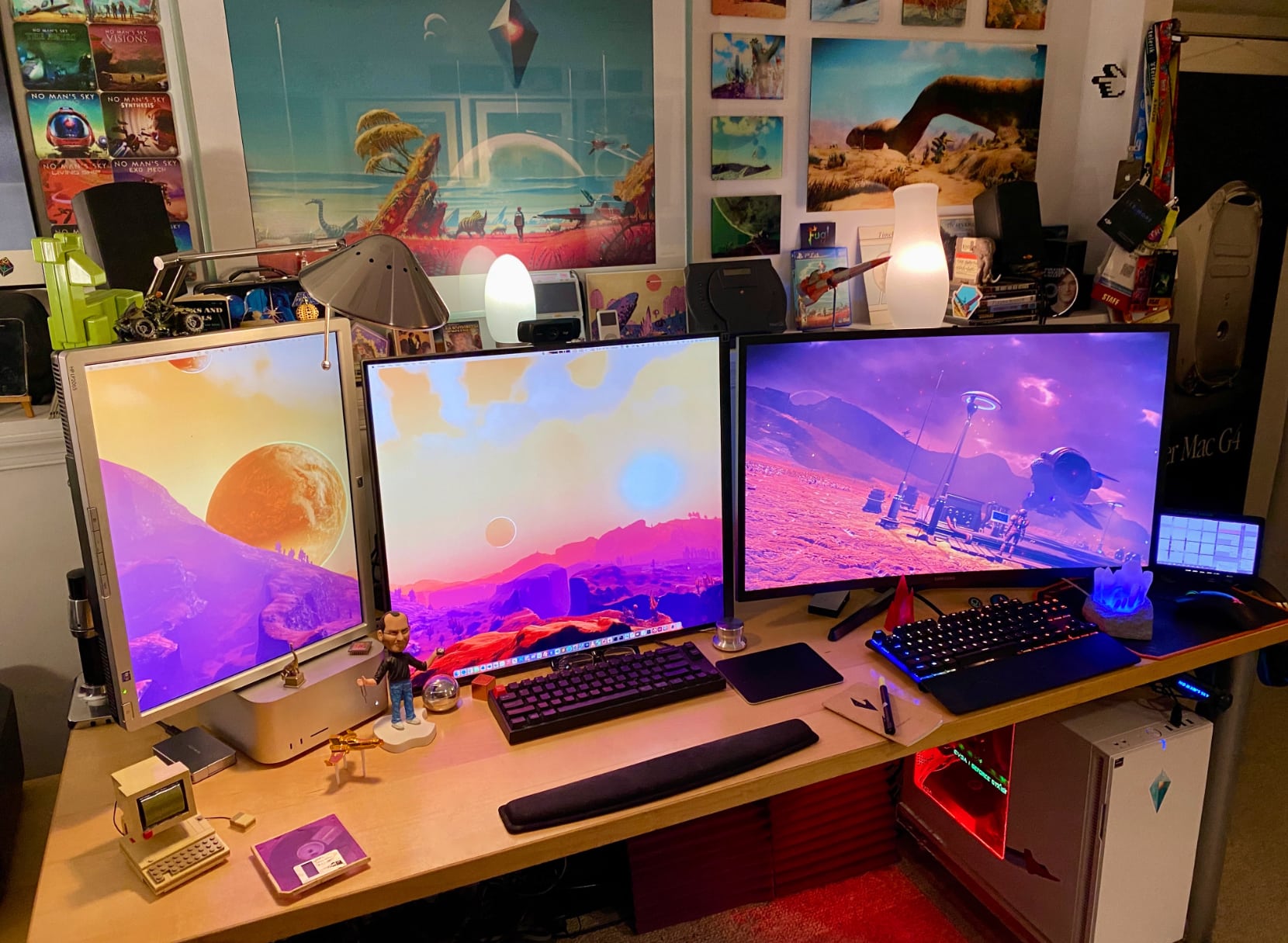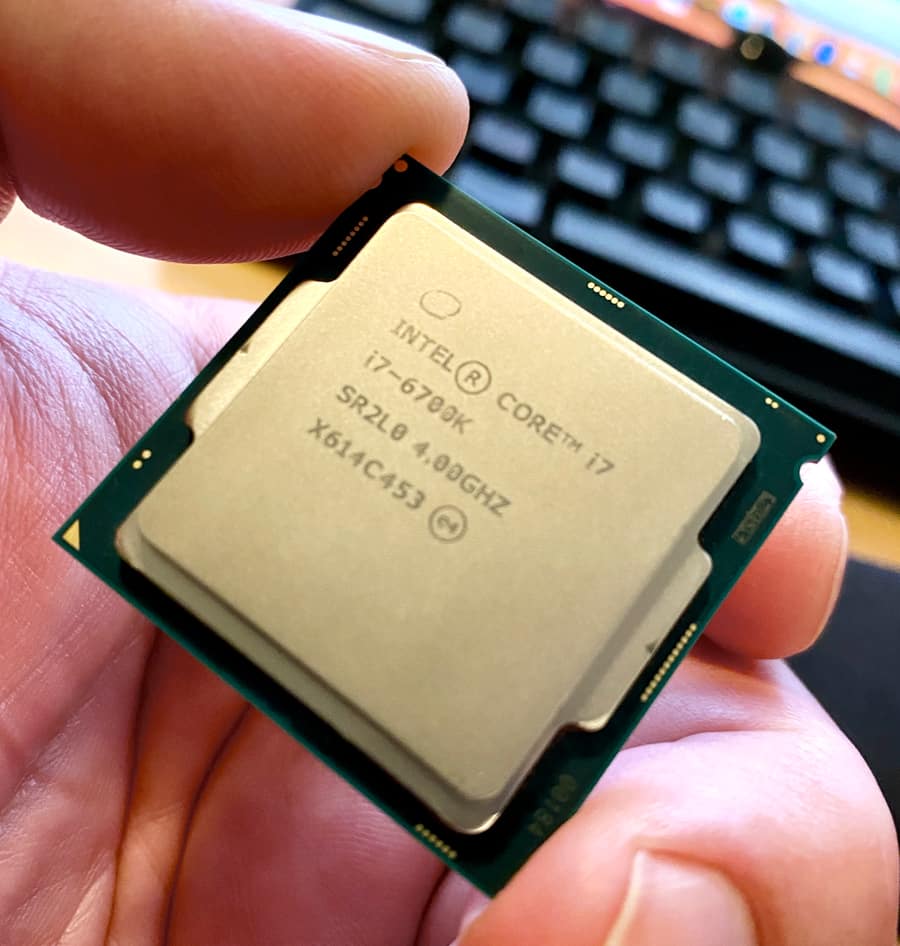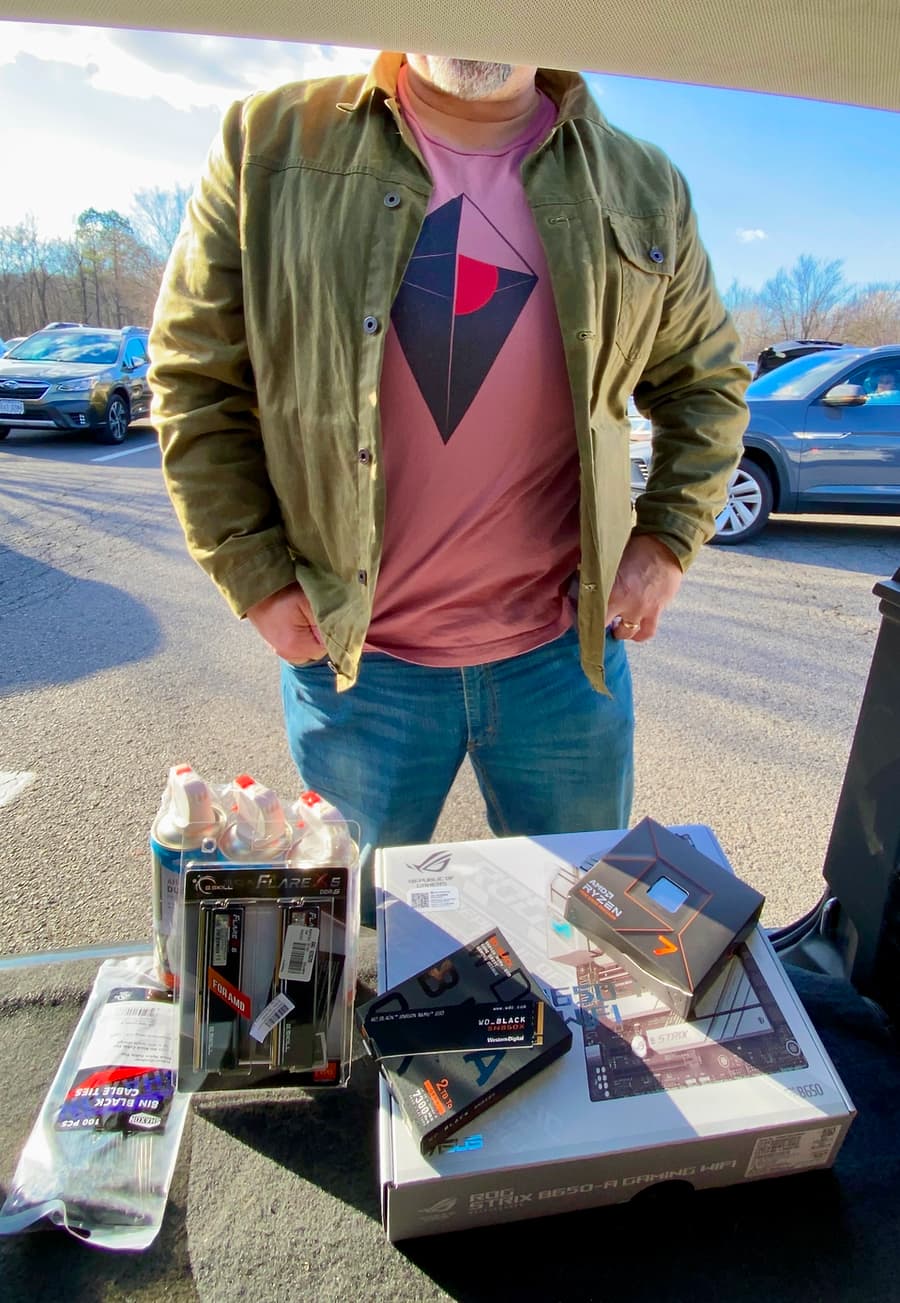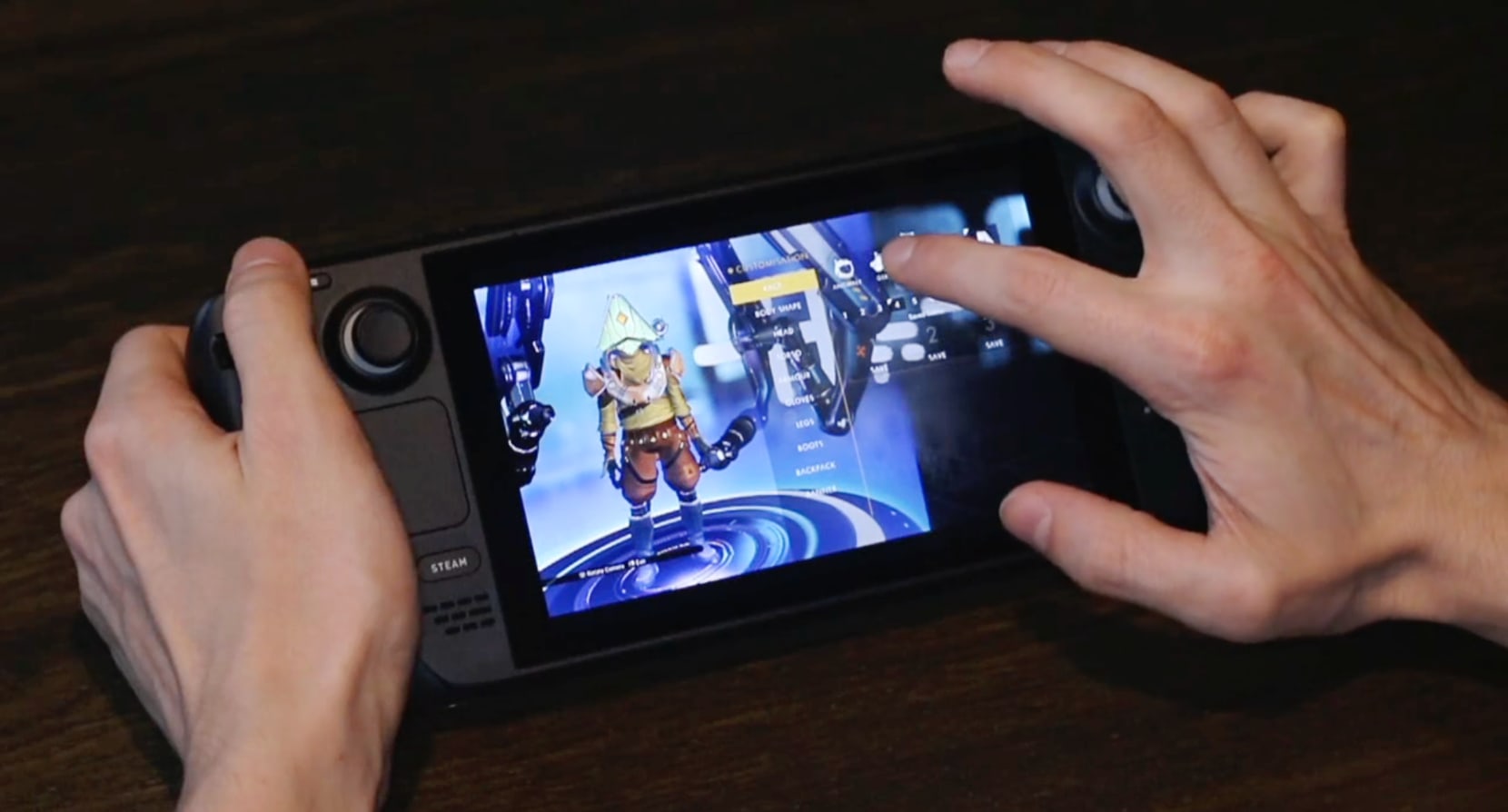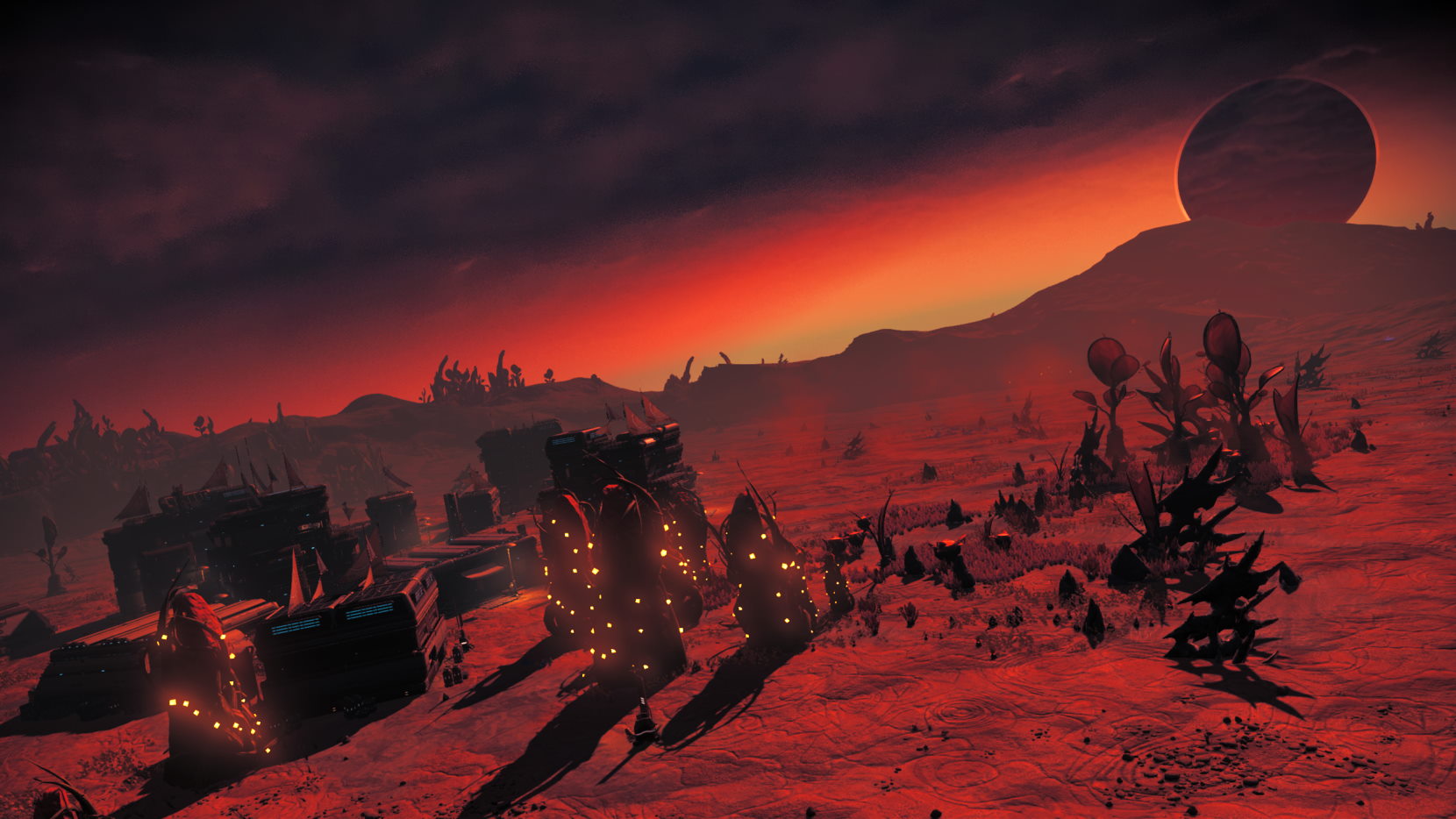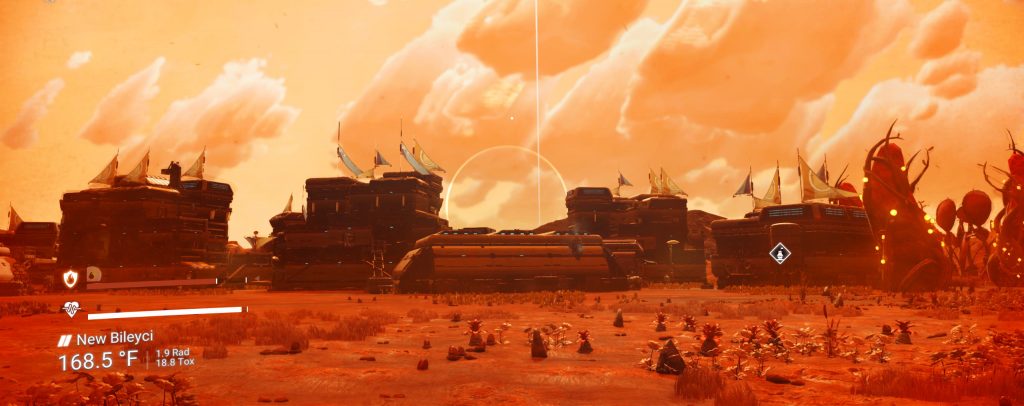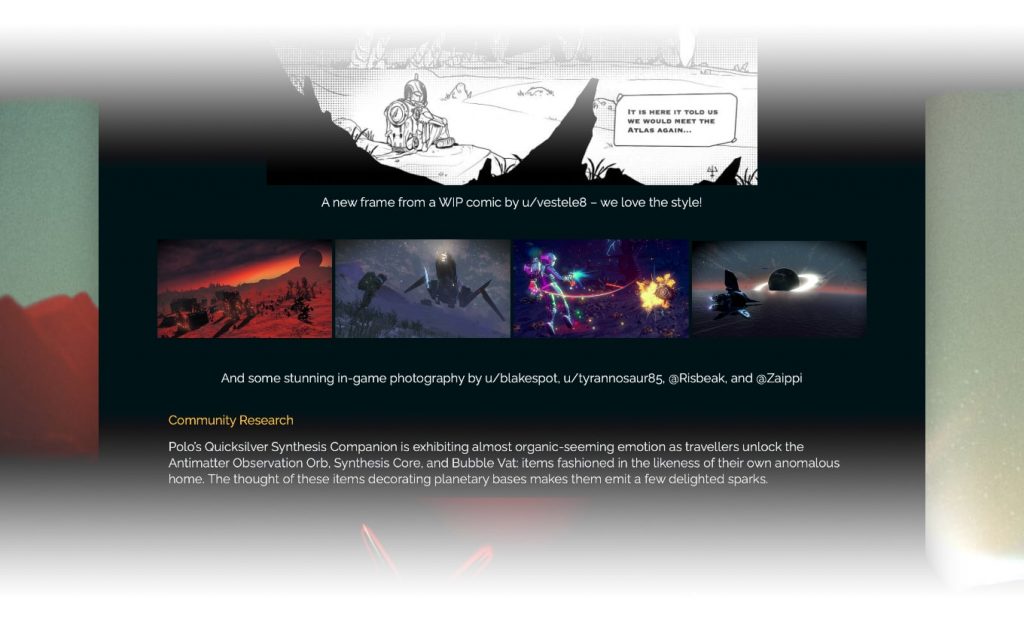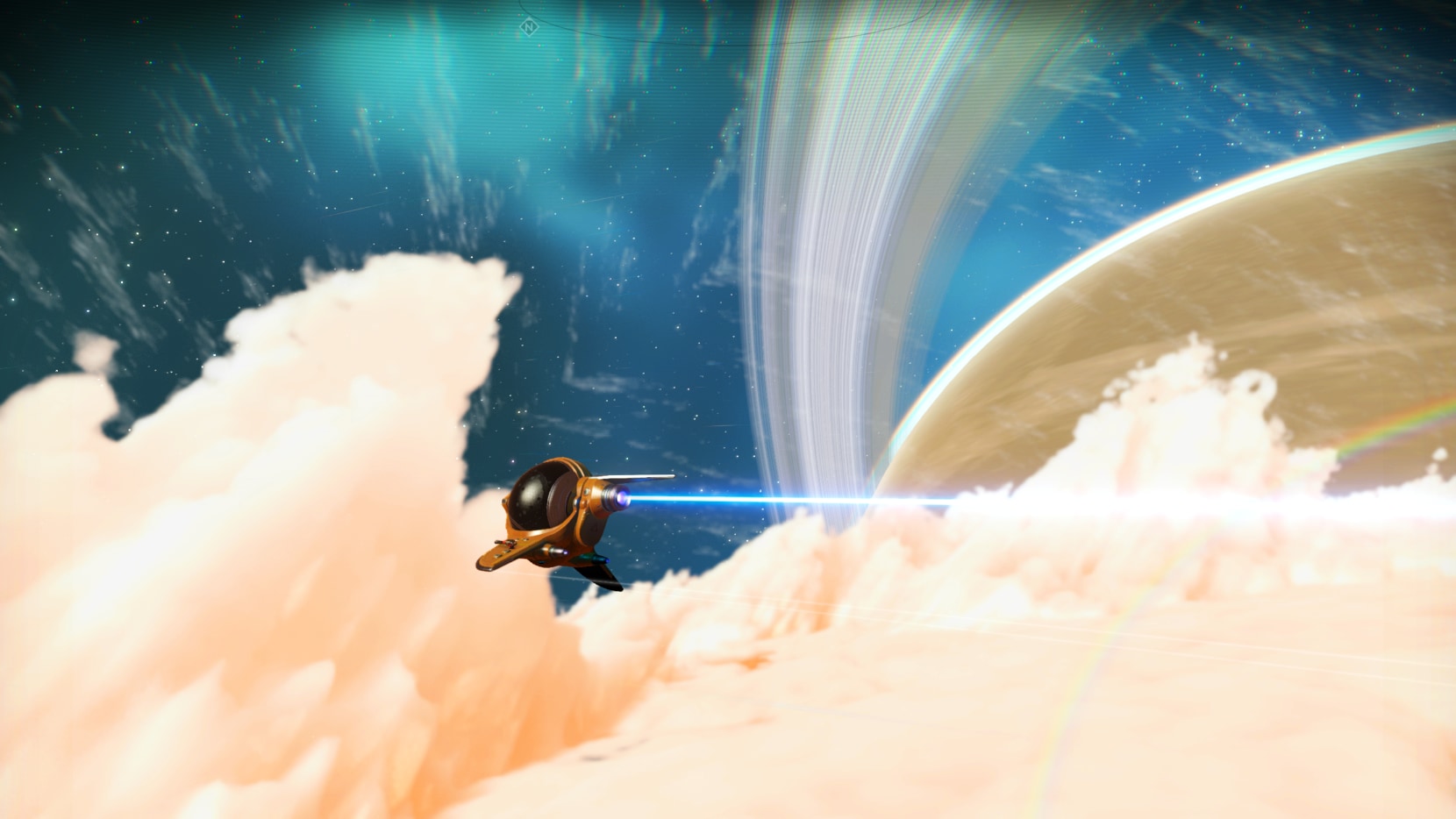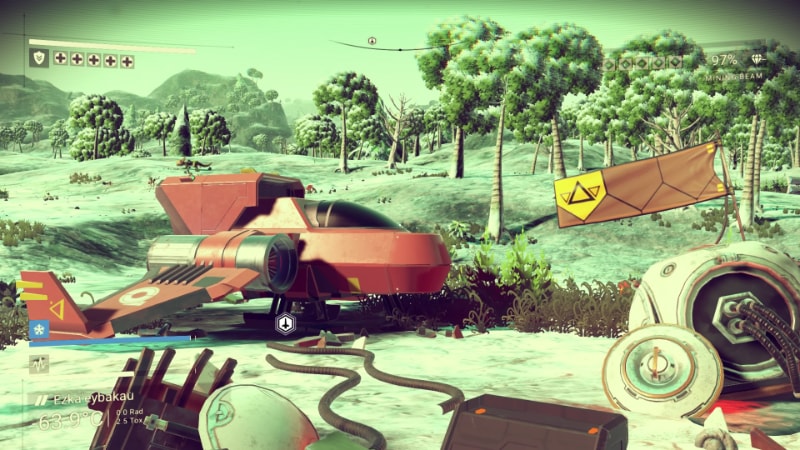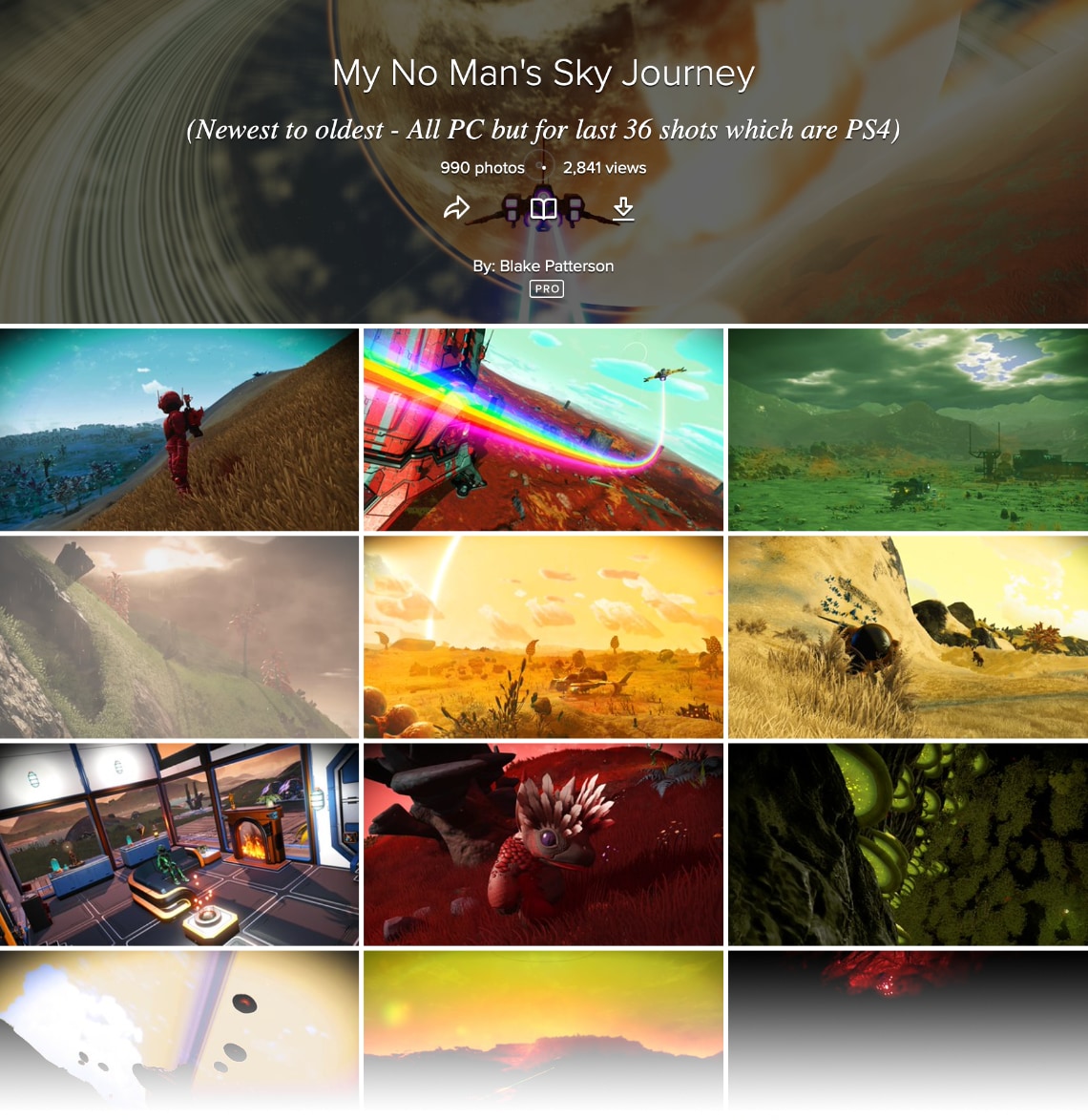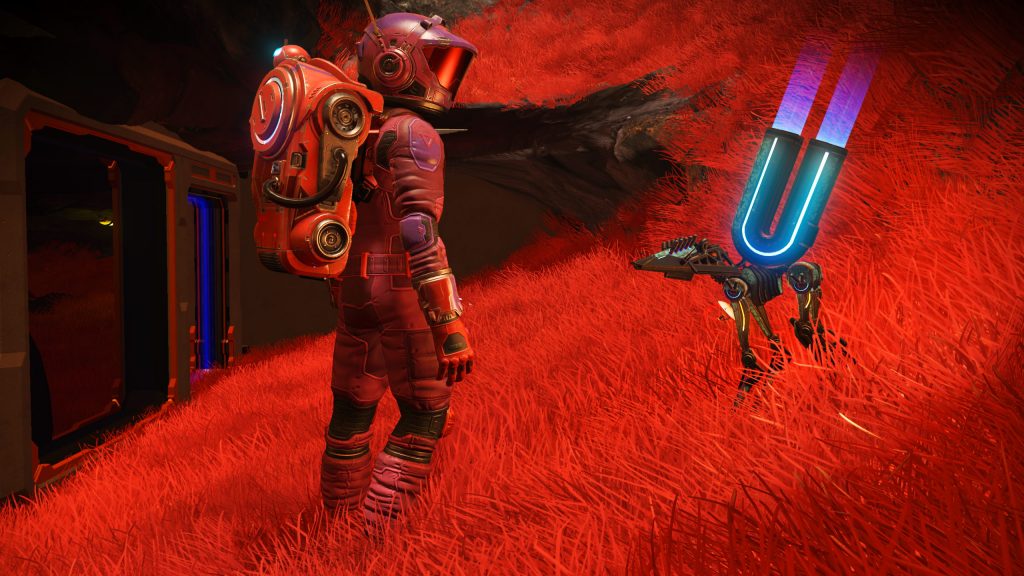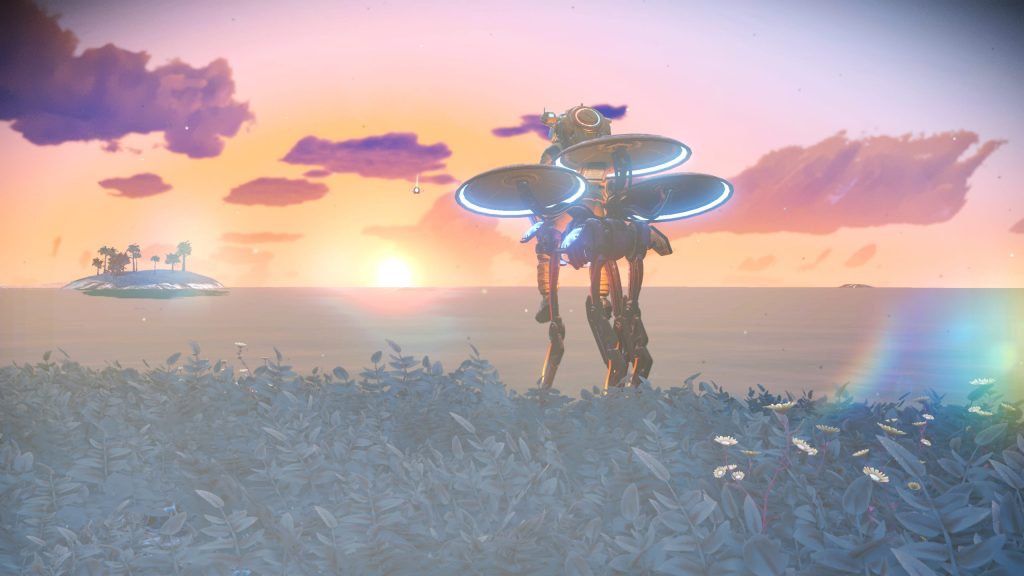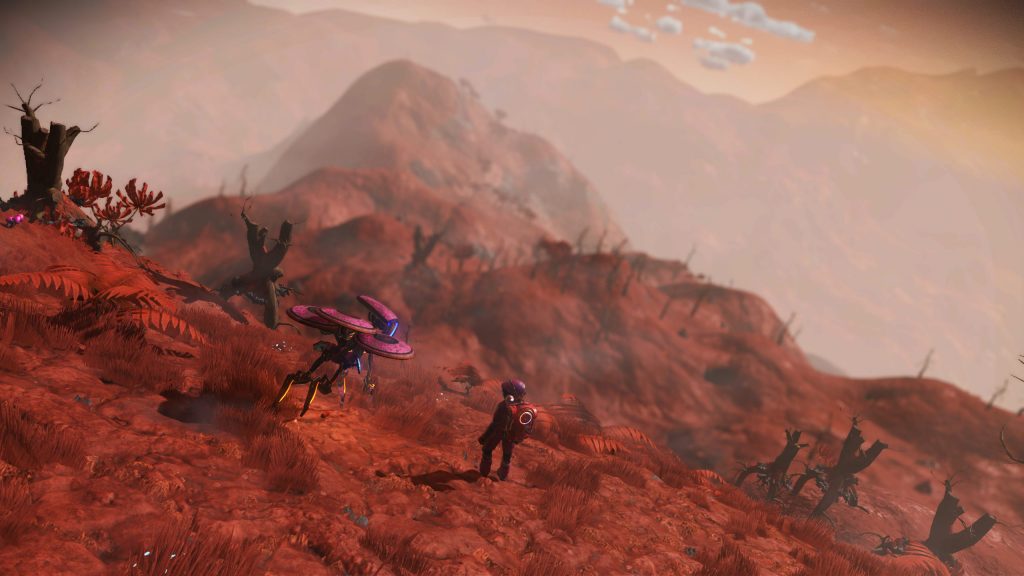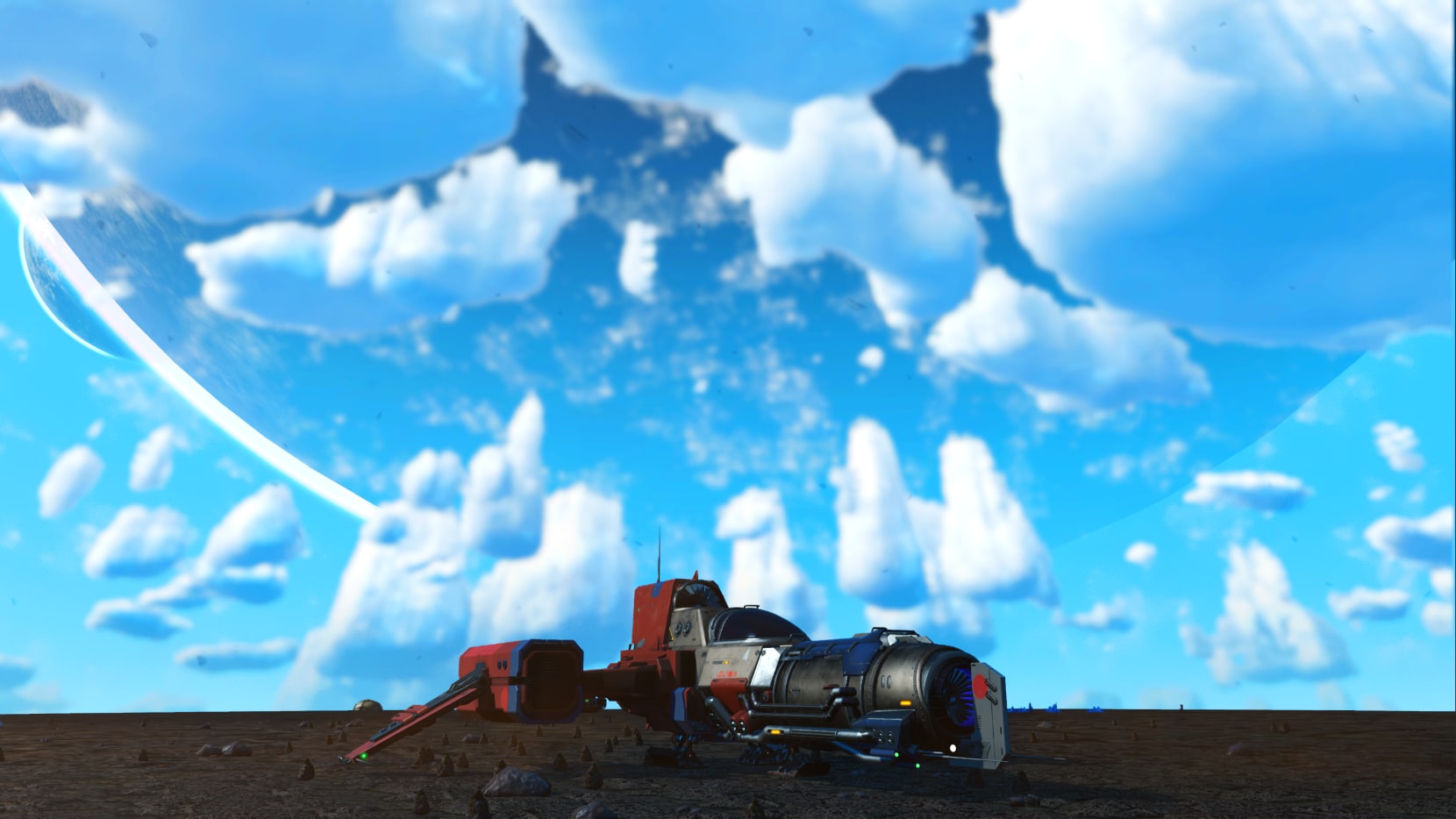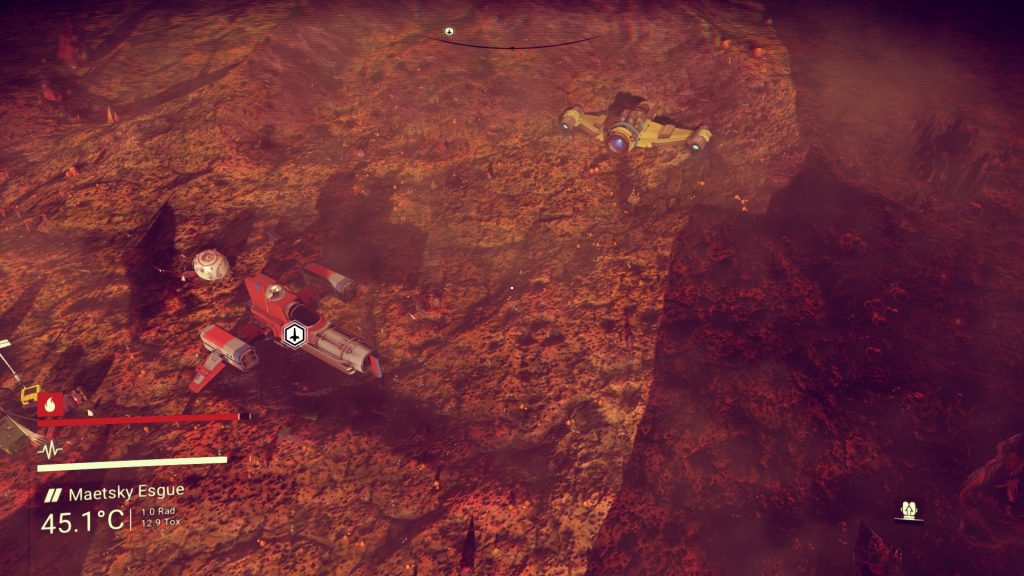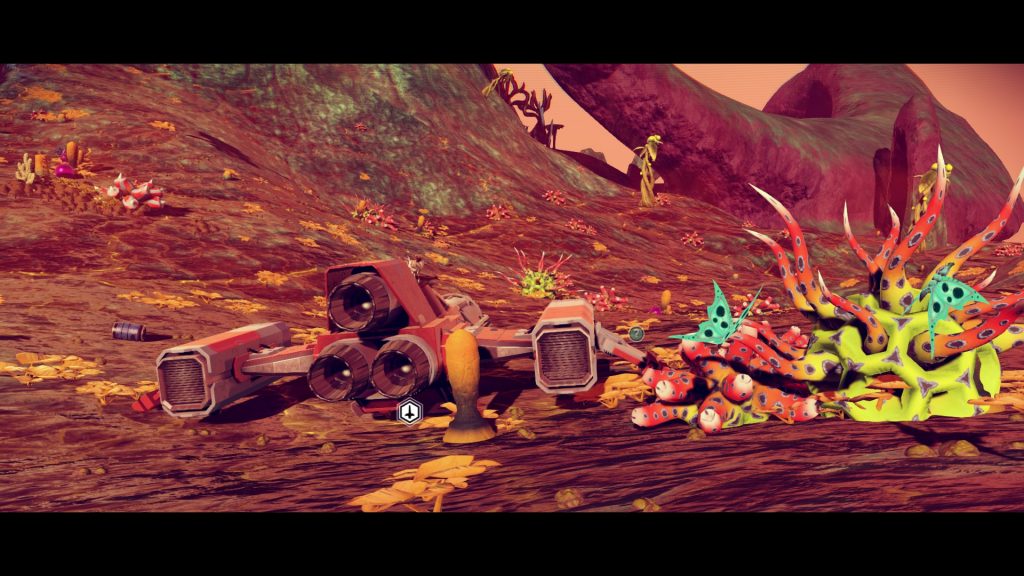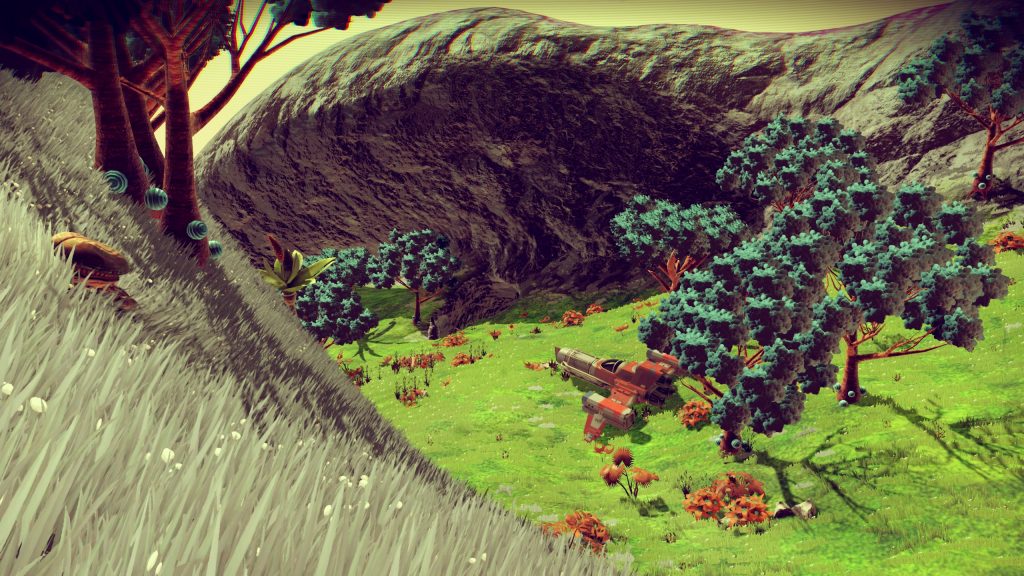About Those Base Computers in the Wild…
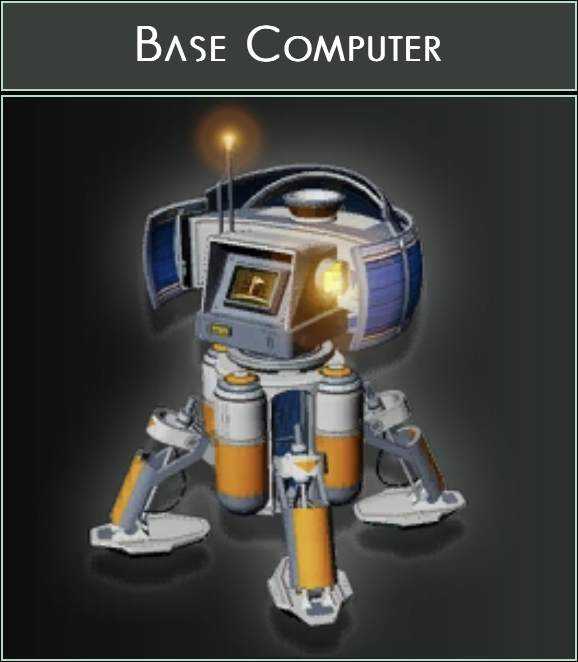
Every few days in No Man’s Sky areas on the Discord, Reddit, or Facebook, I see some nonplussed Traveller with a screenshot of a lonely, unclaimed base computer sitting in the middle of a clearing, saying, “look what I just found – an unclaimed base in the middle of nowhere! What is this?”
These are unclaimed base computers in the wild, and they have a bit of a backstory.
When No Man’s Sky launched on August 9th, 2016 there were no player bases in the game; you had a starship — and that was it. Three and a half months later, on November 26th, what would be the first major update to the game, Foundation v1.1, dropped without warning. It brought a number of significant enhancements, basebuilding and freighters chief among them. But the game’s early basebuilding component was considerably different than what we have now.
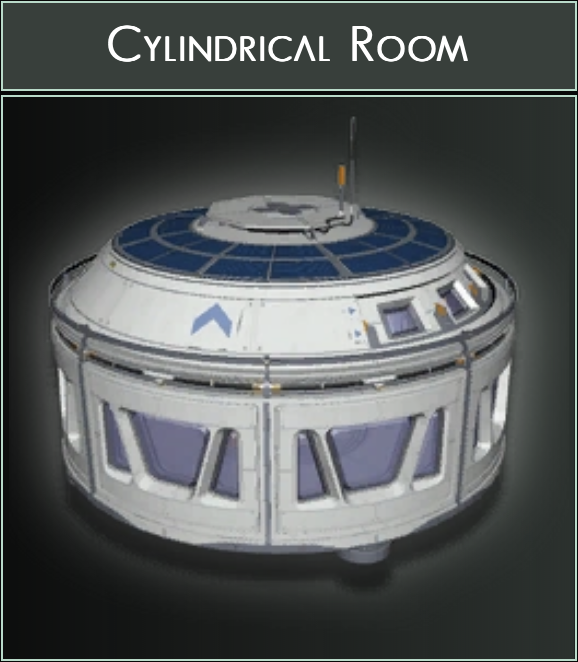
Players loading into the game after the Foundation update saw worlds pretty much as they were before (this was not a “universe reset” update), but strewn about each world here and there Habitable Bases could be found. These were single Cylindrical Room base parts (a part that’s still in the game today) surrounded by a disc of perfectly flat terrain. Upon finding one, you could walk inside, interact with a terminal within, and claim the base. Once claimed, you could begin building out from that single starter room. It’s worth mentioning that only the prefab base parts or “Large Structures” as they are classified today were available as base parts; the Timber, Stone, and Alloy Structures were added later in the game (two different iterations of them over the years, actually).
While these Habitable Bases could be found spread across every world in the game, they could be hard to find. The quickest way to find one was to deploy a Signal Booster and, with some Navigation Data in your inventory, scan for a Habitable Base. This would identify a base on the HUD, which you could travel to and claim. (A short video from the time of Foundation‘s release illustrates the process.) Some players, myself included, wanted to find a base with a nice view, so would instead fly above the surface, visually searching for a base in a particularly nice spot — you could only have one base at a time, after all. This could take quite a while. I recall typically spending about five to ten minutes flying around before finding a base, though sometimes it took much longer, and it took some real searching to find that perfect, scenic location — hours usually.
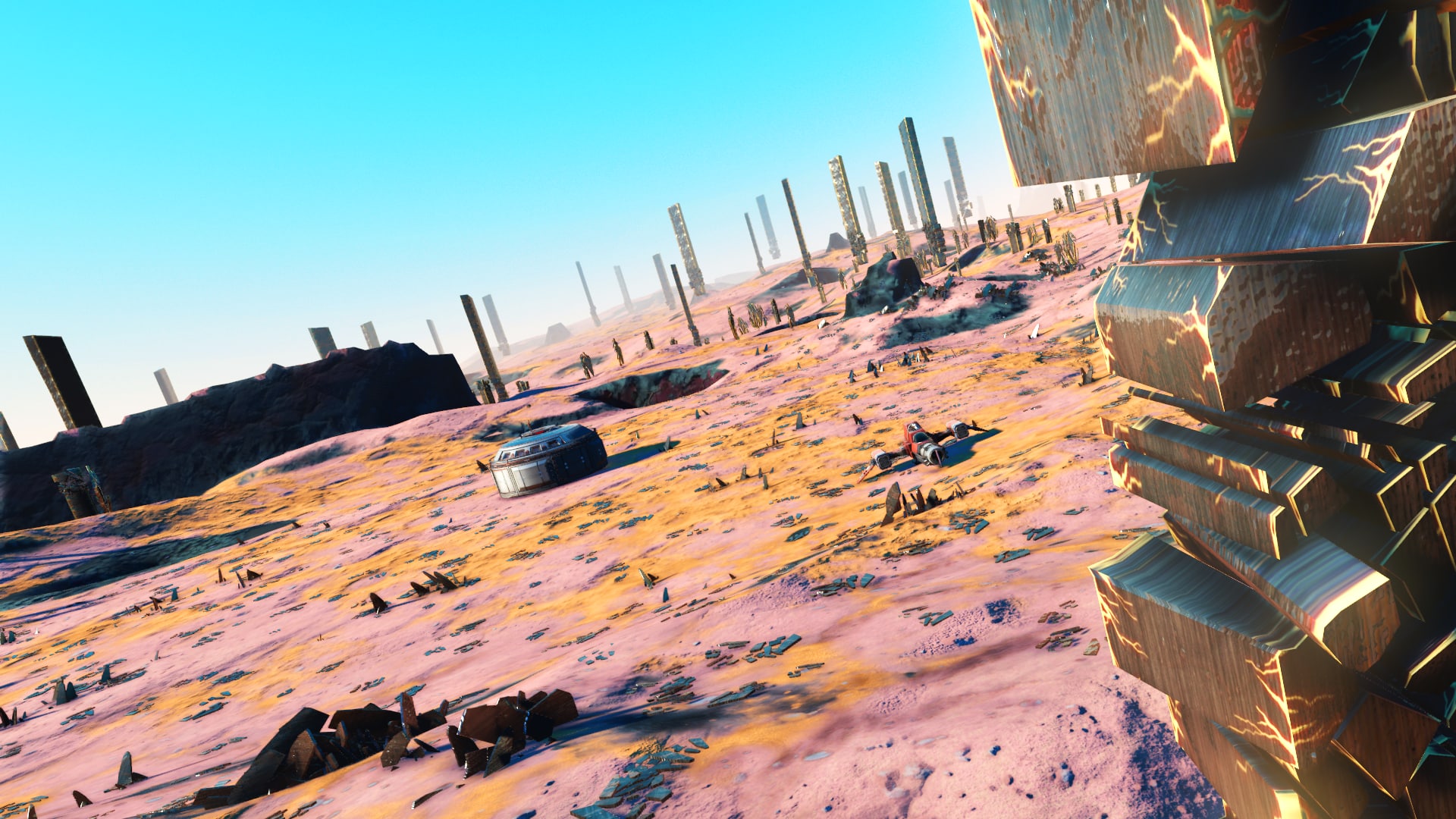
All of this changed with the release of No Man’s Sky NEXT v1.5 in July of 2018. NEXT was one of the game’s very biggest updates, triggering a universe reset that re-generated each world within a set of predetermined biomes. NEXT completely altered terrain generation and brought with it a great many new features, mechanics, and parts. Among them was the ability for players to have multiple bases and to build those bases most anywhere on a world that they choose. Just deploy a new-fangled Base Computer and you were in business. Gone were the Habitable Bases of old.
Well, not gone exactly…but transformed.
…